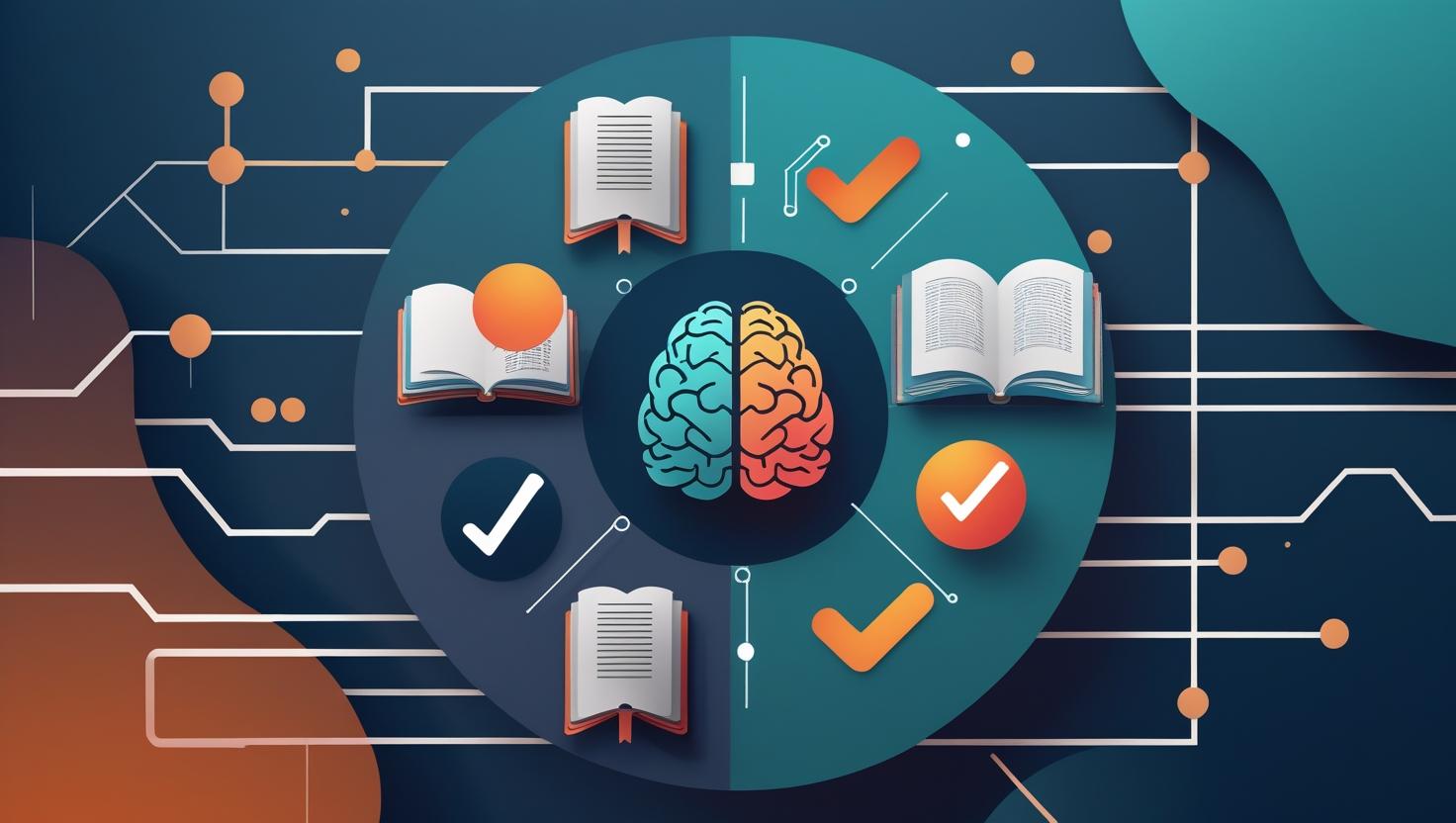Self-improvement isn’t a race or a checklist. It’s a daily process of reflection, alignment, and growth. Whether you want to enhance your productivity, emotional balance, relationships, or career, the path begins with intention and continues with practice.
Begin with Self-Awareness
True growth starts with understanding yourself — your patterns, triggers, beliefs, and values. Journaling, meditation, and honest self-questioning can reveal how your habits align with your goals. The more you know your internal world, the easier it is to improve your external results.
Developing self-awareness helps you respond instead of react, listen instead of assume, and grow instead of stagnate. It gives you the power to take control of your decisions with clarity.
Focus on One Habit at a Time
When change feels overwhelming, simplicity is your ally. Pick one habit. One shift. Start small — perhaps reading for 10 minutes each morning or drinking more water. Momentum builds through action, not intention. Over time, small wins compound into massive transformation.
Mastering a single habit strengthens your discipline, which in turn unlocks the ability to take on more challenging goals later. Consistency will always outperform intensity.
Read More, Scroll Less
Consuming intentional content instead of passive media changes your mindset and vocabulary. Choose books that challenge your thinking, expose you to new ideas, or develop your emotional depth. Your brain responds to what you feed it.
Whether it’s philosophy, personal finance, or wellness, daily reading creates an inner voice that supports your journey. Trade distractions for conscious learning.
Practice Emotional Intelligence
Emotions are not obstacles; they are signals. When you develop the ability to recognize and manage your emotional responses, you improve relationships, mental clarity, and resilience.
Improving yourself means understanding that emotions like fear, anger, or doubt are part of growth — not reasons to avoid change. Pause, reflect, then act. Your power lies in response, not reaction.
Upgrade Your Environment
Your surroundings influence your mood, energy, and thoughts more than you may realize. Clean spaces, positive people, and intentional time create momentum. If you want to change your habits, change the context around them.
Even a subtle shift — like setting up a quiet reading corner or decluttering your phone screen — can remove friction and encourage healthier behavior. Design your space to match your growth goals.
Be Kind to Yourself
Improvement does not mean punishing yourself for past mistakes. Growth happens when you let go of perfectionism and focus on progress. Speak to yourself with compassion, the way you’d speak to a close friend facing challenges.
Self-kindness is not weakness — it is the root of lasting resilience. Motivation driven by shame fades. Growth fueled by respect endures.
Build Meaningful Routines
Routines reduce decision fatigue and create rhythm. Mornings can be used for reflection or learning. Evenings for preparation or rest. These anchors keep your day focused and aligned with your goals.
Start with a simple structure: wake, move, reflect, plan. Allow it to evolve as you do. The more predictable your actions, the more freedom your mind has for creativity and deeper thinking.
Say No More Often
One of the most powerful self-improvement tools is setting boundaries. Saying no protects your time, energy, and values. It gives space for what matters most.
Growth means prioritizing purpose over people-pleasing. When your focus becomes clear, distractions lose their power. Your yes gains meaning only when it’s not given away automatically.
Ask Better Questions
Improvement is driven by curiosity. Instead of asking, “Why am I not better yet?” ask, “What’s one small action I can take today?” Shift from judgment to inquiry. From blame to responsibility.
Questions open doors. They uncover limiting beliefs and spark new solutions. Every breakthrough begins with a deeper question.
Measure Progress by Peace
Success isn’t always loud. You might not have external trophies, but if you wake up with more clarity, confidence, and calm than before — you’re improving. Let peace become your progress indicator.
When your inner world becomes stronger than your external chaos, transformation becomes unshakable.
Final Thoughts
Asking how do I improve myself is an invitation to change, not a demand for perfection. The most powerful answers lie in consistent effort, honest reflection, and patient self-leadership.
You don’t need to rebuild everything at once. You just need to begin — even if the beginning is quiet. With time, the small, intentional actions you take today will become the foundation for a life filled with strength, wisdom, and purpose.
Improvement is not a destination. It’s the way you walk the path.






